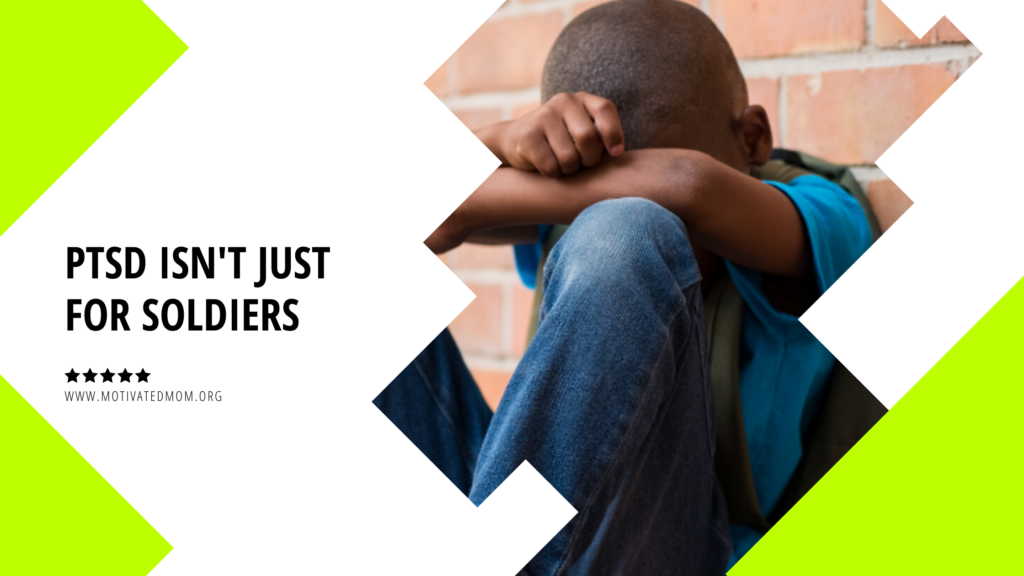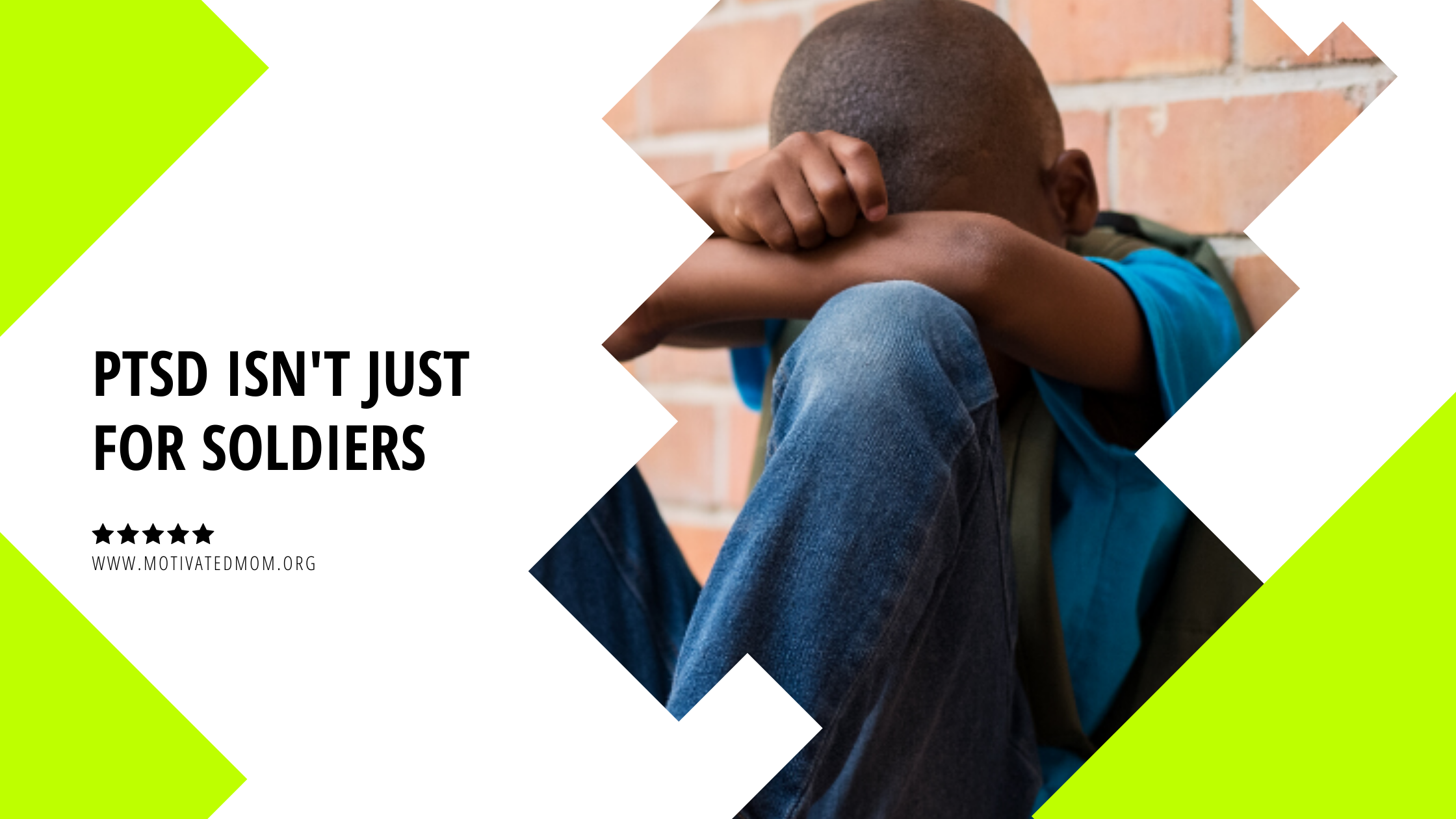
There are many coping strategies that can help to reduce the impact of post-traumatic stress disorder (PTSD) on your life. Some of these strategies include:
- Talk to someone you trust. Talking about your experiences can help you to process them and to feel less alone. You can talk to a friend, family member, therapist, or other trusted person.
- Get involved in activities that you enjoy. Doing things that you enjoy can help you to feel more positive and to take your mind off of your trauma. This could include spending time with loved ones, exercising, hobbies, or creative activities.
- Get enough sleep. When you’re well-rested, you’re better able to cope with stress. Aim for 7-8 hours of sleep each night.
- Eat a healthy diet. Eating a healthy diet can help to improve your mood and energy levels. It can also help to reduce your risk of developing other health problems.
- Practice relaxation techniques. Relaxation techniques, such as deep breathing, meditation, and yoga, can help to reduce stress and anxiety.
- Avoid alcohol and drugs. Alcohol and drugs can worsen PTSD symptoms. If you’re struggling with PTSD, it’s important to avoid these substances.
- Seek professional help. If you’re struggling to cope with PTSD, it’s important to seek professional help. A therapist can help you to develop coping strategies and to manage your symptoms.
It’s important to remember that PTSD is a treatable condition. With the right support, you can learn to manage your symptoms and to live a full and meaningful life.
